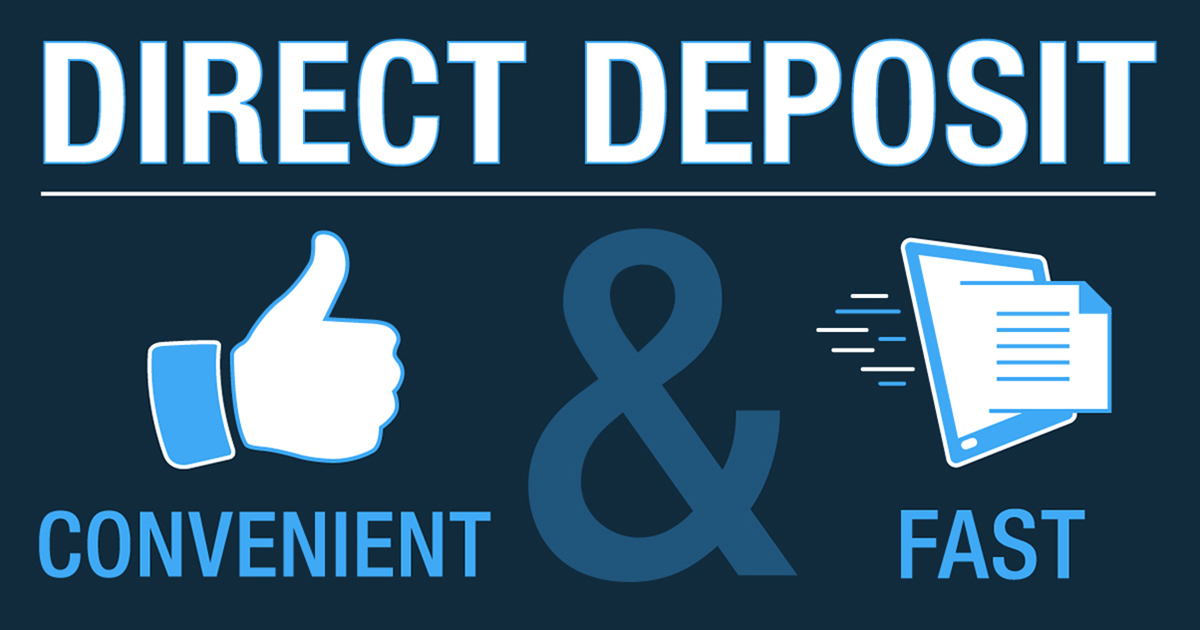
In South Florida, there are a great number of residential properties owned by foreign investors. How can you close with these legal notary requirements? And is this really a problem here in Florida? Foreign Sellers and Florida Real Estate Closings This brings us to the problem of having a seller who is in another country when you are buying a Florida home or condo. These include those outlined in Florida Statute 117.107(9), which states that a Florida notary public cannot notarize a signature on a document if “…the person is not in the presence of the notary public at the time the signature is notarized.” (See the revised statute, section 117.107(9), relating to “presence” and the use of audio-video communication technology.) A “Notary public” is an officer who is commissioned by the State of Florida to provide specific notarial acts created in state statutes. It’s a position of integrity and respect. Someone who acts as a notary public is serving as a public official.

What is a notary public? A notary public is a recognized officer licensed by the State of Florida, with specific duties defined under Florida law. Notary Public and Florida Statute 117.107 A deed transferring Florida real estate must comply with our laws regarding execution and notarization. This is why there is a state law that addresses conveyances of real estate where the seller isn’t in the State or in the country. In fact, our years of Foreclosure Fraud and Robosigning are prime examples of what happens in real estate when there is a failure in the notary process.

This is particularly important in real estate transactions where the seller is foreign or is abroad. The simplest reason that deeds have the seller’s signature sworn before a notary public is to prevent fraud.


 0 kommentar(er)
0 kommentar(er)
